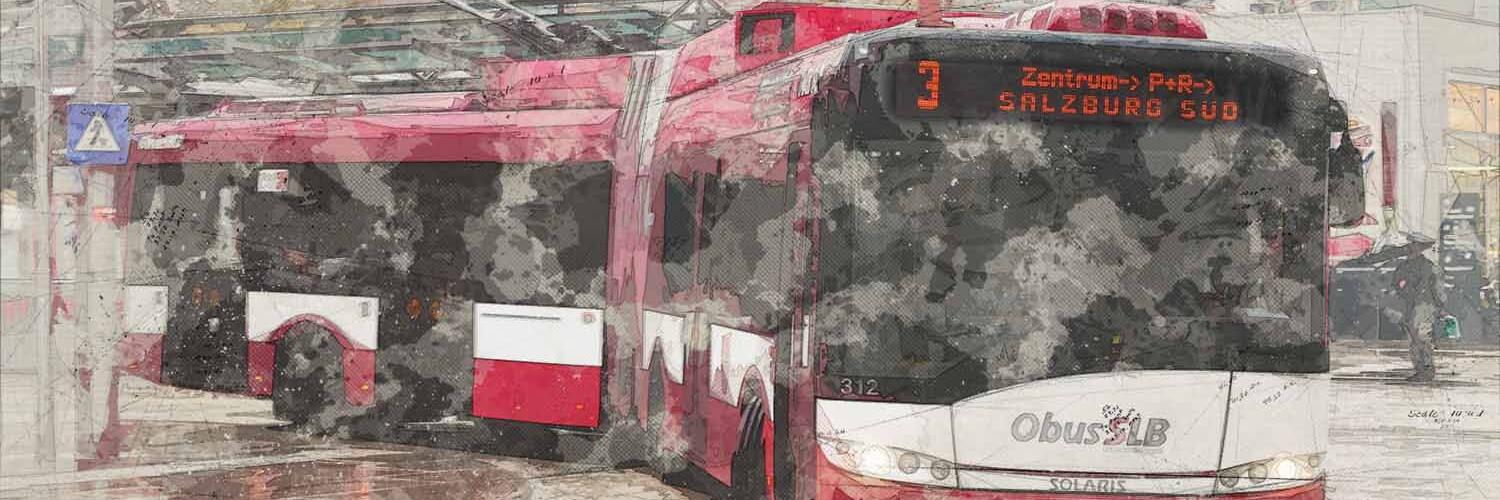Austria has just launched a ‘Klimaticket’ (Climate Ticket) for public transport, which gives you unlimited use of all trains, trams and buses across the whole country for £930/year. Up to four children under sixteen can be included for an additional £95/year, and children under five travel free. Lower priced regional tickets are also available.
By comparison, a Multibus ticket just for Cambridgeshire is nearly double the cost of a Klimaticket, and does not include trains, guided busway or some other bus services. The Austrian government subsidy for the Klimaticket is expected to be £14.50 per year per head of population. That compares with £15.50 for the free bus pass scheme in England.
There are good reasons for not doing exactly the same as Austria. If the marginal (per-trip) cost is free, train and bus operators have no way to incentivise people to travel at quieter times. Too many people travelling at peak times causes overcrowding. That puts people off using public transport and creates pressure for operators to buy and run more buses and trains, which sit around empty much of the rest of the day. Varying ticket prices through the day helps spread demand and reduces the average price.
Annual passes are also unaffordable or a risky commitment for many people. If you can give up a car, it may be a cost-effective trade-in. But for most people, the public transport is not (yet) there to replace enough car trips.
Before looking at ways to lock people into using public transport, we need to make it super simple to use, widely available and cheap. So, let’s start with integrated rail–bus tickets with free transfers: nobody should have to pay extra for the inconvenience of interchanging. And let’s make it so you can easily plan trips and pay for trains, buses, hire bikes and e-scooters all in the same app.
These are foundations for an expansion of bus services. They need to be top priorities in the new Local Transport and Connectivity Plan being consulted on now. Do give feedback – if only to ask the mayor to be bold in his plans to drive down carbon emissions, air pollution, and road deaths and injuries.
This article was first published in the Cambridge Independent on 3 November 2021.



> Varying ticket prices through the day helps spread demand and reduces the average price.
Spreads demand? How? If you have to be at your workplace at 9am no amount of discount will change your time of travel. That’s the nature of the beast, the buses will sit around empty at times like they now do, for example, at night. I suppose currently the time of lower demand is used for maintenace. Maybe in the near future this idle time will also be useful for recharging the batteries with solar energy?
> Would this get you to give up a car?
I guess something like ‘Climate Ticket’ is a good idea for those who travel far, a lot or both. But first we should work on a solution for local public transport.
In my opinion a desirable solution would be:
* one ticket (card or app) that works on all means of local public transport (bus, tram, local rail) and with all operators
* does not penalise people living further from the town centre or work across the town – same cost per trip regardless of distance
* does not penalise people with irregular work or life arrangements – no more season tickets, you stop using, you stop paying
* does not penalise people who have to change in order to get to their destination – one trip is one trip whether you use one bus or three
I think that’s about it. Simplicity and fairness are the key characteristics. Simple to implement, manage and use. There are also other benefits, for example, less queueing and as a result shorter journey times and higher frequency of services.
Public transport should be like electricity or water supply – equally accessible to everyone. After all, you don’t pay more because you live further from the power station or water source. The cost is spread across society and no one makes a fuss. So why not treat public transport the same?